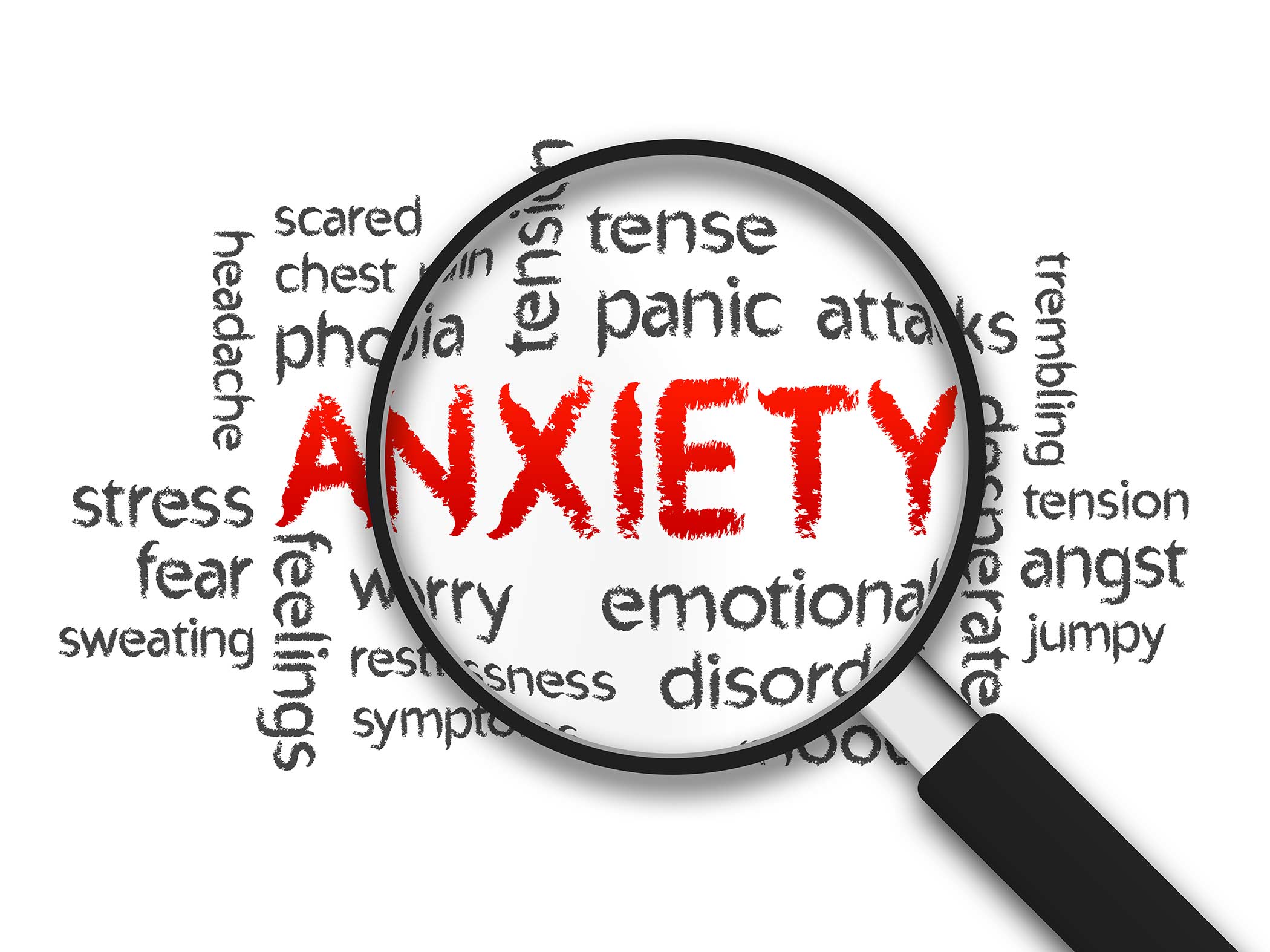Test Anxiety: How Students and Parents Can Make Tests Less Intimidating
By Maki Gorchynsky | July 11, 2019

Tests make most of us anxious. While that’s certainly not revelatory news, the fact that test anxiety can be a good thing is something that we often don’t consider. Heightened physiological responses to stress can actually help us focus and confront evaluations in a positive way. The way we think of tests can have a large impact on how we ultimately perform on them: Students who view tests as challenges, not threats, tend to channel stress constructively and, thereby, perform better on exams. While it’s easy to dismiss testing as something that students merely need to endure until they finish school and enter the working world, the reality is that we face evaluative situations throughout the course of our lives. Getting used to constructively approaching testing will help students not only in their academic lives but also in their professional ones. So, let’s explore text anxiety further, and make specific recommendations for how to handle anxiety before, during, and after the test.
First, there are three general phases of test anxiety:
Before Test Day
Taking the Test
After Test Day
Before Test Day
Before a test, it’s common for parents to advise students to “eat well and get a good night’s sleep because you have a big day tomorrow.” Though this advice is certainly well-meaning, many experts contend that it actually can contribute to test anxiety. By emphasizing a test date and its importance, parents can unwittingly create unnecessary external pressure. Experts say that regular emphasis on the importance of good sleep and nutrition to the brain’s ability to function at an optimal level is a much better approach, since students should treat a test day like any other. Yes, test day is important, but students already know that. Treating testing in a positive way, emphasizing that it’s not a big deal and framing it as a “way to show the things you’ve learned” goes a long way towards making testing a less intimidating experience. The more we accept tests as a routine part of life, rather than something to fear, the less they will intimidate us.
Taking the Test
While taking a test, students often see stress manifest itself physically (e.g., tightening in the shoulders, increased heart rate, sweaty palms) and psychologically (e.g., trouble focusing or recalling information). Deliberate breathing is the best way to combat these physical and mental responses. Students should take note of where they feel stress in their bodies and imagine they’re gathering that stress as they inhale and releasing it as they exhale. Concentrating on exhaling can help students collect their thoughts, recenter themselves, and regain their composure and focus.
After Test Day
The most overlooked aspect of test anxiety is what happens after students take a test. Students commonly react to a difficult exam by second-guessing the answers they chose on particular questions or wishing they had prepared differently beforehand. While constructive reflection is certainly something students can benefit from and use to better prepare themselves for future tests, perseverating on an exam after the fact is not constructive. Students should give themselves 5 to 10 minutes of reflection after a test and then do their best to put it behind them. While this is easier said than done, parents can help by encouraging students to do something fun the evening after a difficult exam to take their mind off of it.
Conclusion
Parents can help students approach testing in a constructive manner by reminding them that poor test results are not reflective of a student’s self-worth. Since we often celebrate students for good grades and test scores, they can develop a form of contingent self-esteem, whereby good results produce high highs and poor ones produce low lows. While students should certainly be praised for their strong performances, focusing on their efforts rather than solely on their outcomes is paramount. By acknowledging students’ hard work and preparation before they take an exam, we encourage them to value the process as much as the outcome, which leads to better study habits and insulates students from the disappointment of the occasional poor performance.
We love helping students overcome test anxiety of all varieties, so please feel free to reach out to Maki Gorchynsky at maki@mosereducational.com if you’d like to discuss your child’s particular circumstances in more detail.
